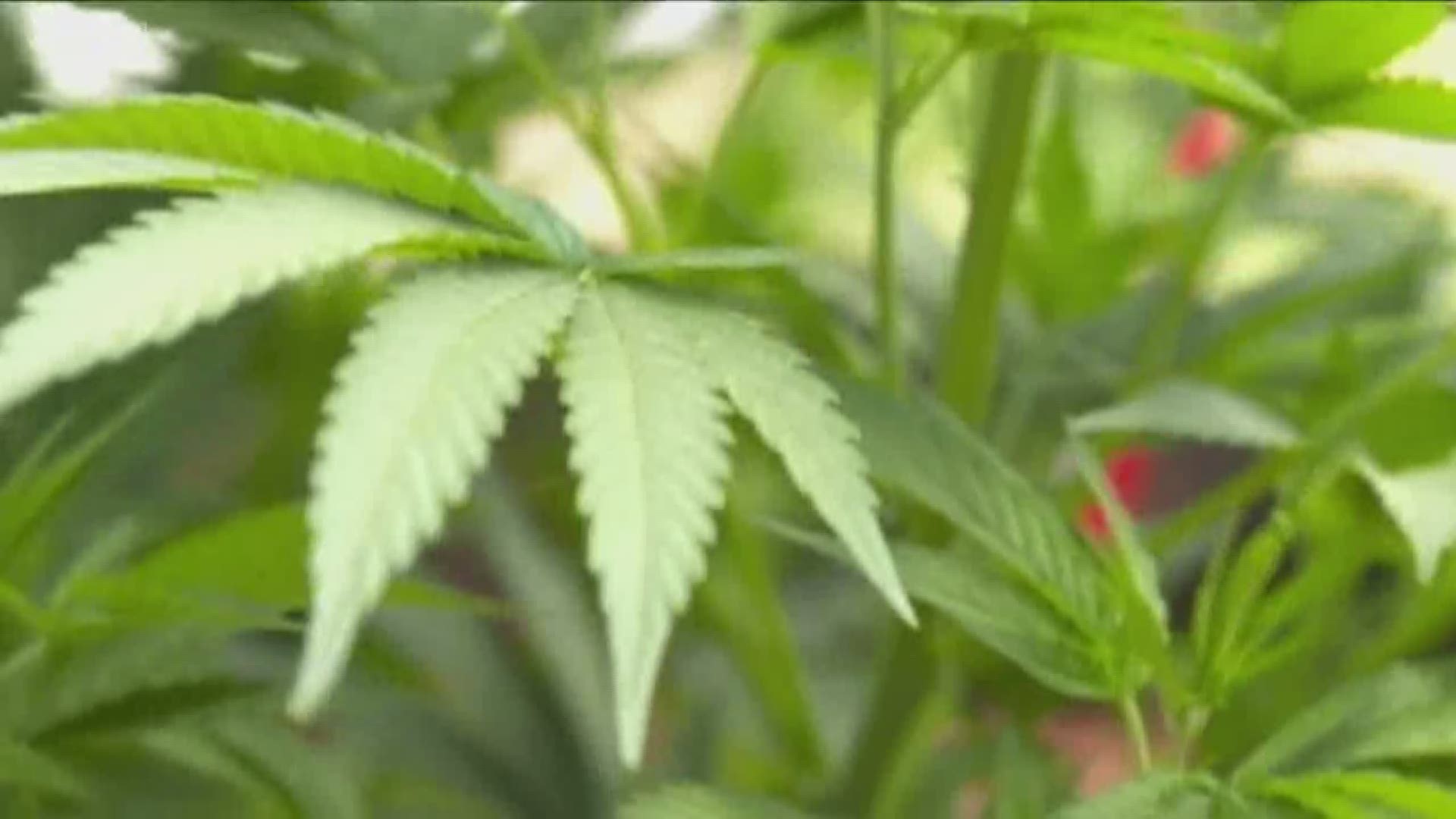This story contains reporting from the Democrat and Chronicle
ALBANY — New York's Department of Health officially backed the legalization of marijuana Friday, delivering a report to Gov. Andrew Cuomo that found the "positive effects" outweigh the "potential negative effects."
In a 74-page report, the Health Department laid out dozens of reasons the state should legalize the drug for recreational use, estimating it could generate up to $678 million in annual tax revenue and cut down on the disproportionate arrests of black and Hispanic users.
The broad findings of the report were expected: Health Commissioner Howard Zucker had previously said it would support legalization.
"The positive effects of a regulated marijuana market in NYS outweigh the potential negative impacts," the report reads. "Areas that may be a cause for concern can be mitigated with regulation and proper use of public education that is tailored to address key populations."
The report now heads to Cuomo, a Democrat who is seeking re-election this fall.
Cuomo has long been wary of marijuana legalization, calling it a "gateway drug" as recently as last year.
But he has signaled he's more open to recreational marijuana in recent months, ordering the Health Department to undergo the study as part of his State of the State address last January.
The state Legislature would have to approve any law legalizing marijuana for recreational use in New York.
Lawmakers are not scheduled to return to the state Capitol until January.
Edward Bednarczyk, professor at the UB School of Pharmacy, says implementing a regulated marijuana program means making sure systems are in place to protect public health and safety.
“If I've just smoked marijuana how impaired I am, if I drank alcohol, we can do a breathalyzer and B.A.C. levels, but for cannabis we don't have anything quite like that just yet. Plus the pharmacology of cannabis is different, they haven't been fully worked out, so what would that blood level mean like in terms of impairment."
New York stands to gain close to $700 million dollars in tax revenue.
Bednarczyk says put it to good use, “put in place preventative programs or treatment programs, roughly 10% of recreational users will become dependent.”

